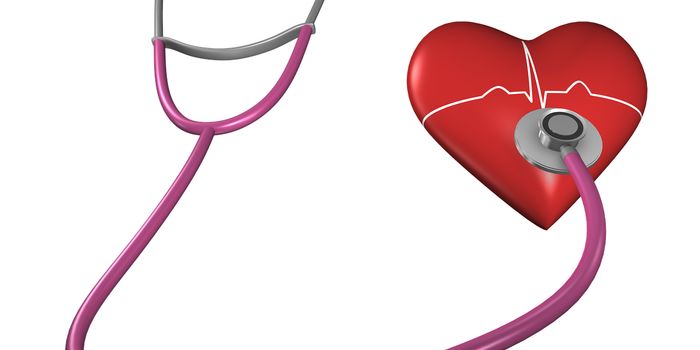Blood Pressure Drugs Boost Survival in Colorectal Cancer
Common drugs used to regulate blood pressure may improve survival rates among patients with colorectal cancer, also known as colon cancer. The corresponding study was published in Cancer Medicine by researchers in the US and Brazil.
Previous studies have found that vascular changes are common in cancers. Furthermore, antihypertensive medications - those that lower blood pressure- have been shown to have an effect on tumors.
While high blood pressure is common among those with colorectal cancer, there has been little research into the effects of blood pressure medications on patients with colorectal cancer. Researchers thus sought to investigate this topic in the present study.
To do so, they examined 13,982 colorectal cancer patient outcomes from the Surveillance, Epidemiology, and End-Results (SEER) Medicare database. All patients were aged 65 or older and were diagnosed with the cancer between 2007 and 2012.
The researchers found that patients using ACE inhibitors and thiazide diuretics benefited most in terms of survival and outcomes. Those on calcium-channel blockers, however, benefited less. Patients who took their blood pressure medications consistently also had lower mortality rates.
"Our results show an association between increased adherence to [blood-pressure] medications and reduced … mortality in patients starting these medications after stage I, II or III CRC diagnosis relative to those who did not," wrote the researchers of their findings.
"It is heartening to note that we could confirm the results of the animal model work done by Dr. Roger Chammas and colleagues at the University of São Paulo Cancer Center in a human population as well," said Rajesh Balkrishnan, one of the authors of the paper.
"We will continue to explore these protective effects of antihypertensives on other cancers as well in human populations using stronger study designs. This could potentially provide significant implications for gastrointestinal cancer treatment,” he added.
Sources: Cancer Medicine, Science Daily









